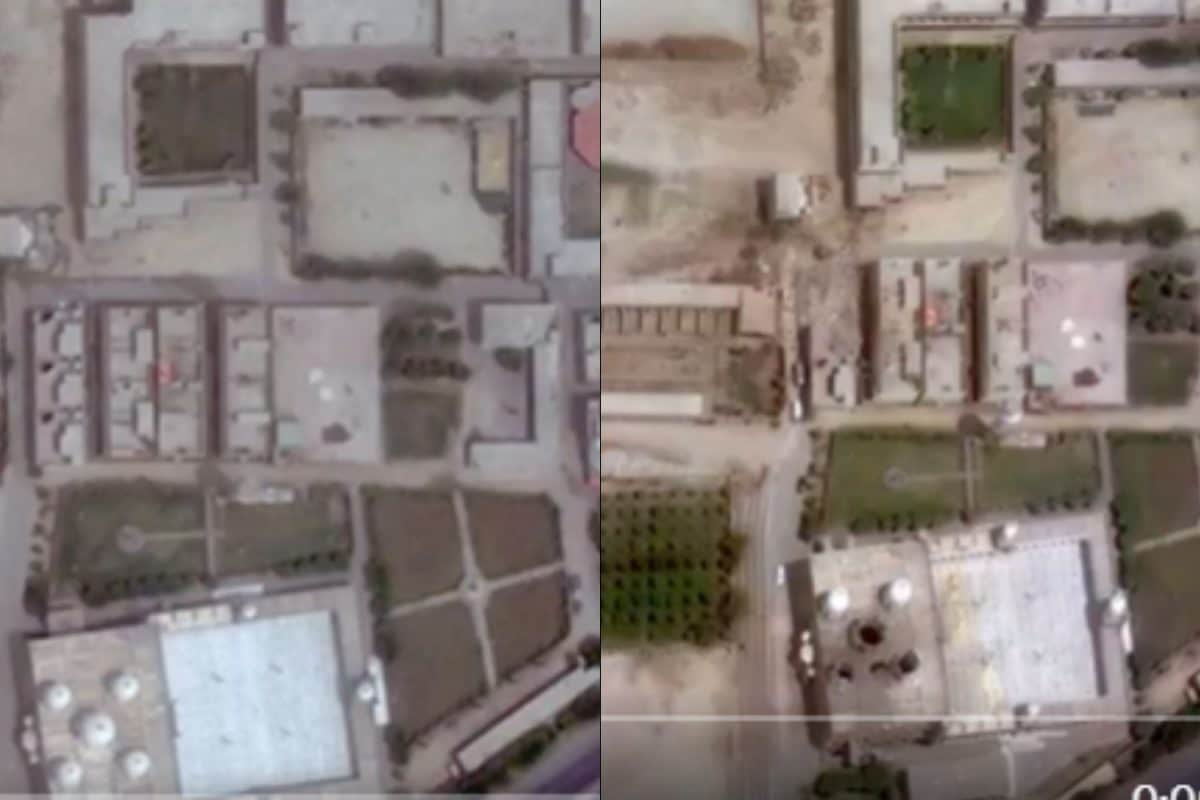

In the wake of the deadly April 22 attack on tourists in Indian-administered Kashmir, which resulted in the deaths of 26 people, India launched "Operation Sindoor," conducting precision strikes on what it claimed were terrorist training sites in Pakistan and Pakistan-administered Kashmir. This operation, and the international response to it, highlights the complex interplay of Indian diplomacy and Pakistan's alleged duplicity in the global fight against terrorism.
India's diplomatic outreach following Operation Sindoor was immediate and extensive. National Security Advisor Ajit Doval engaged with his counterparts in major world capitals, including the US, UK, Saudi Arabia, UAE, Russia, China, France, and Japan, to explain the rationale behind the strikes. External Affairs Minister S Jaishankar also contacted his counterparts from various countries, including Spain, Germany, France, and Qatar. The message was clear: Operation Sindoor was a "targeted and measured response" aimed at deterring further acts of terrorism, and India remained committed to peace and stability in the region. India emphasized that the strikes were carefully calibrated, limited in scope, and aimed solely at terror targets. Furthermore, India asserted it had no intention of escalating the situation unless provoked by Pakistan.
This diplomatic offensive sought to achieve several objectives. First, it aimed to pre-emptively counter Pakistan's narrative that the strikes were an act of aggression against its sovereignty. By presenting evidence of the targeted sites being used for terrorist activities, India aimed to justify its actions under international law. Second, India sought to garner international support for its stance on cross-border terrorism and to isolate Pakistan diplomatically. The outreach also aimed to reassure the international community of India's commitment to regional stability, while simultaneously sending a strong message to Pakistan about the consequences of supporting terrorism.
Pakistan, on the other hand, has vehemently condemned Operation Sindoor, calling it a "blatant act of war" and a violation of its sovereignty. Islamabad has denied any involvement in the Pahalgam attack and has asked for a neutral investigation into the incident. Pakistan has also accused India of targeting civilian populations and has claimed that mosques and residential areas were hit during the strikes. In response to the operation, Pakistan threatened to suspend its participation in the Simla Agreement and scaled back diplomatic ties with India.
However, Pakistan's response has been met with skepticism by some in the international community. India has long accused Pakistan of harboring and supporting terrorist groups operating across its borders. India claims that The Resistance Front (TRF), which claimed responsibility for the Pahalgam attack, is an offshoot of Pakistan-based Lashkar-e-Taiba (LeT). The location of the strikes, including Muridke, the headquarters of Lashkar-e-Taiba, and Bahawalpur, the base of Jaish-e-Muhammad, further fueled these suspicions.
The international reaction to Operation Sindoor has been mixed. While many countries have called for restraint and de-escalation, there has also been a recognition of India's concerns regarding cross-border terrorism. Some countries have expressed support for India's right to defend itself against terrorism, while urging both sides to engage in dialogue to resolve their differences peacefully. China has called for restraint from both sides, while Japan has firmly condemned the terrorist act that occurred in Kashmir on April 22. The United States has also expressed concern and has urged both India and Pakistan to avoid further escalation.
Operation Sindoor has brought the issue of cross-border terrorism back into the international spotlight. India's diplomatic efforts to highlight Pakistan's alleged duplicity, combined with the precision of the strikes, appear to have resonated with some members of the international community. However, the situation remains tense, and the risk of further escalation cannot be ruled out. The coming days and weeks will be critical in determining whether India and Pakistan can find a way to de-escalate tensions and resume dialogue.